As legal matters become more complex and data-driven, the ability to harness and interpret data is becoming increasingly essential for legal professionals across the globe including Nigeria. This article explores how data analytics is enhancing legal practice and business operations globally, the challenges of implementation, and the opportunities it presents for the legal industry and businesses.
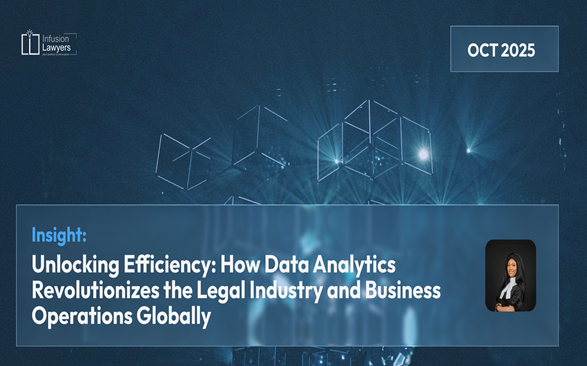
Unlocking Efficiency: How Data Analytics Revolutionizes the Legal Industry and Business Operations Globally
Bridging Gaps in eNaira Adoption in Nigeria
In this article, we consider how well the eNaira has fared, considering its adoption rate and related factors. Towards bridging the gaps we identify, we will briefly discuss four (4) major considerations that can boost eNaira adoption.
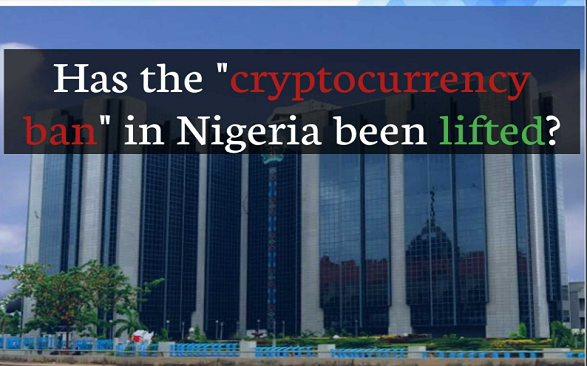
Has the “cryptocurrency ban” in Nigeria been lifted?
Immediately after handover to President Bola Ahmed Tinubu on 29 May 2023, the news of a “cryptocurrency tax” in the country hit the public. This was not without its attendant breaking-news, eye-grabbing headlines.2 Understandably, many Nigerians appear to believe, albeit wrongly, that the Tinubu administration had introduced a “cryptocurrency tax” in Nigeria. This, as long as many saw it, signaled the acceptance of cryptocurrency by the Federal Government in Nigeria. Across the blogosphere, social media, and some traditional news channels, the news of how the Federal Government has finally lifted the “cryptocurrency ban” spread fast.3
The question is: Has the “cryptocurrency ban” in Nigeria been lifted?

Digital Money Lending and Loan Sharks: Complying with the new registration requirements in Nigeria
In this piece, I discuss the investigations of digital money lenders or loan apps and the regulatory measures taken by relevant regulators to curb loan sharks. For both existing and intending digital money lenders, requirements of the FCCPC Framework and deadline for obtaining FCCPC’s approval are also discussed. In addition to other applicable regulatory requirements for digital money lenders in Nigeria, digital money lenders are strongly encouraged to comply—and timeously too—with the registration regime introduced by the FCCPC.
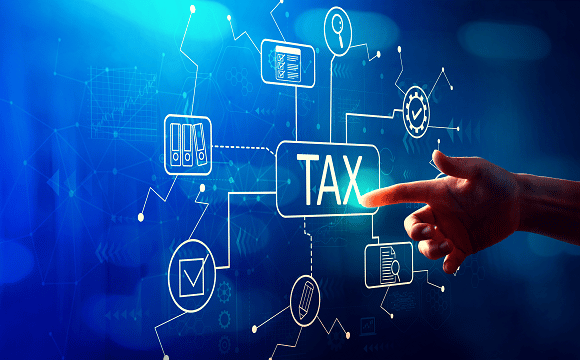
International Businesses in the Digital Economy: Why Nigeria Adopted its Significant Economic Presence (SEP) Rules over OECD’s Corporate Tax Agreement
In this article, Jude Ayua briefly highlights and discusses the provisions of the OECD framework on base erosion, profit sharing, and taxation of international businesses in the digital economy, the three reasons why the FIRS rejected it, and the four steps FIRS has taken to ensure that Nigeria’s revenue is not hurt by its decision.

What Digital Platforms and Intermediaries Should Know about NITDA’s Code of Practice for Nigeria’s Digital Space
In this article by Gabriel Eze, we consider part by part the provisions of NITDA’s draft Code of Practice for Interactive Service Computer Platforms and Digital Intermediaries (draft Code of Practice). looking at both sides of the coin as well as the edge.
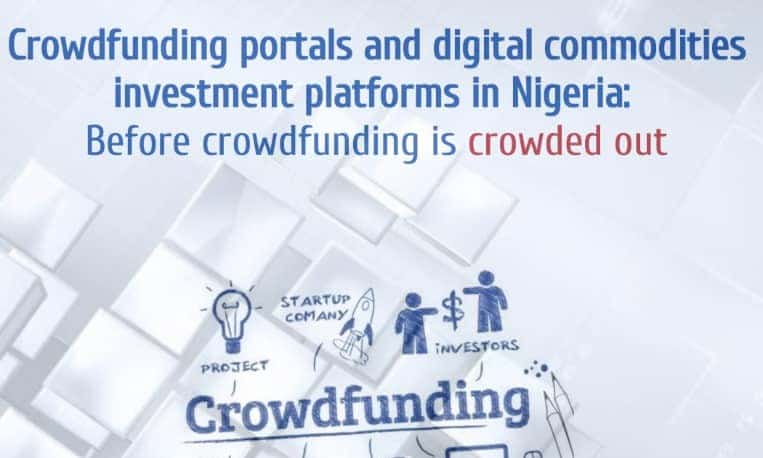
Crowdfunding portals and digital commodities investment platforms in Nigeria: Before crowdfunding is crowded out
by Senator Ihenyen, Lead Partner Download the PDF version here. Introduction Crowdfunding today is no longer charity. It is serious business. And the ever-growing digital economy has been a big part of this. New business models as well as.. Read more
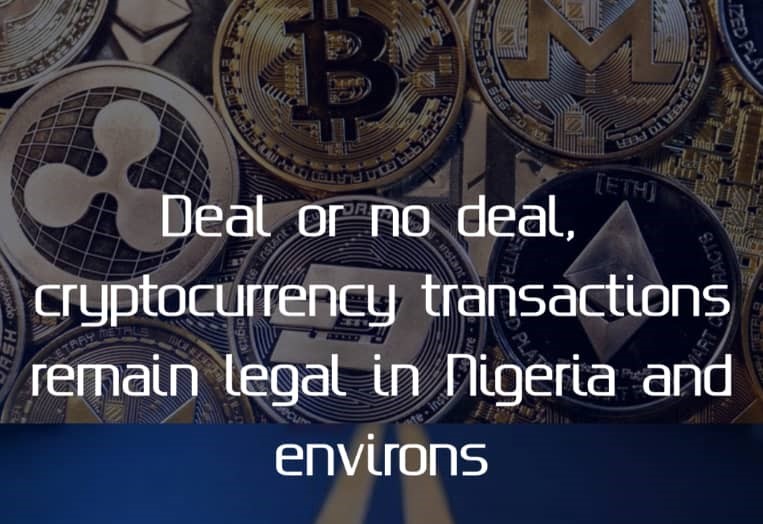
Deal or no deal, cryptocurrency transactions remain legal in Nigeria and environs.
In the inaugural edition of Blockchain Street, we considered whether blockchain technology—a decentralized ledger technology which has been described as a ‘trustless technology’—can really solve the problem of trust in a centralized world. In the month of July, we consider the.. Read more
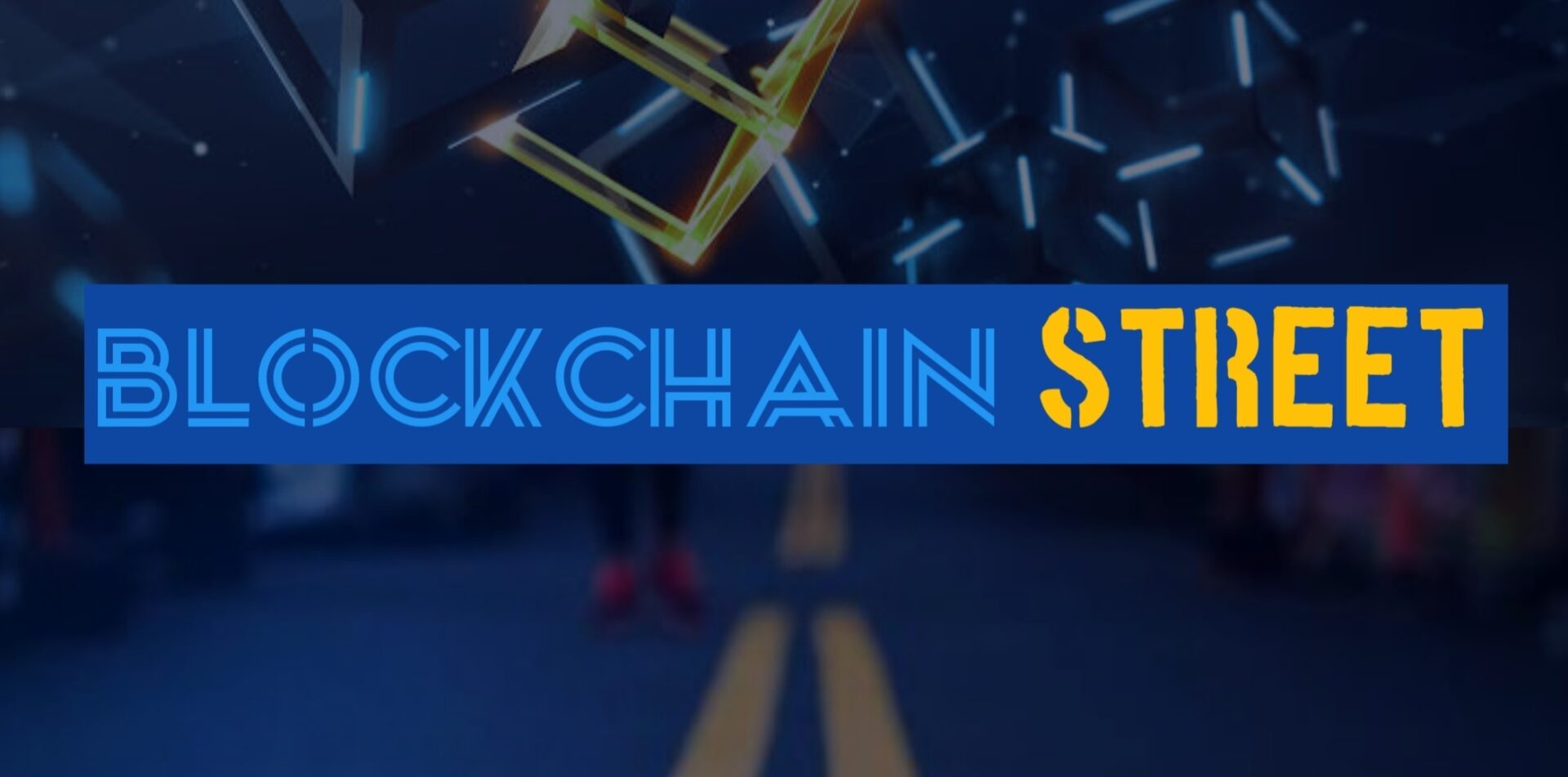
Blockchain Technology: Can it really solve the problem of trust in a centralized world?
Introducing Blockchain Street, a monthly walk into an emerging decentralized economy powered by the blockchain. In this month’s Blockchain Street, we consider whether blockchain technology—a decentralized ledger technology which has been described as a ‘trustless technology’—can really solve the problem.. Read more
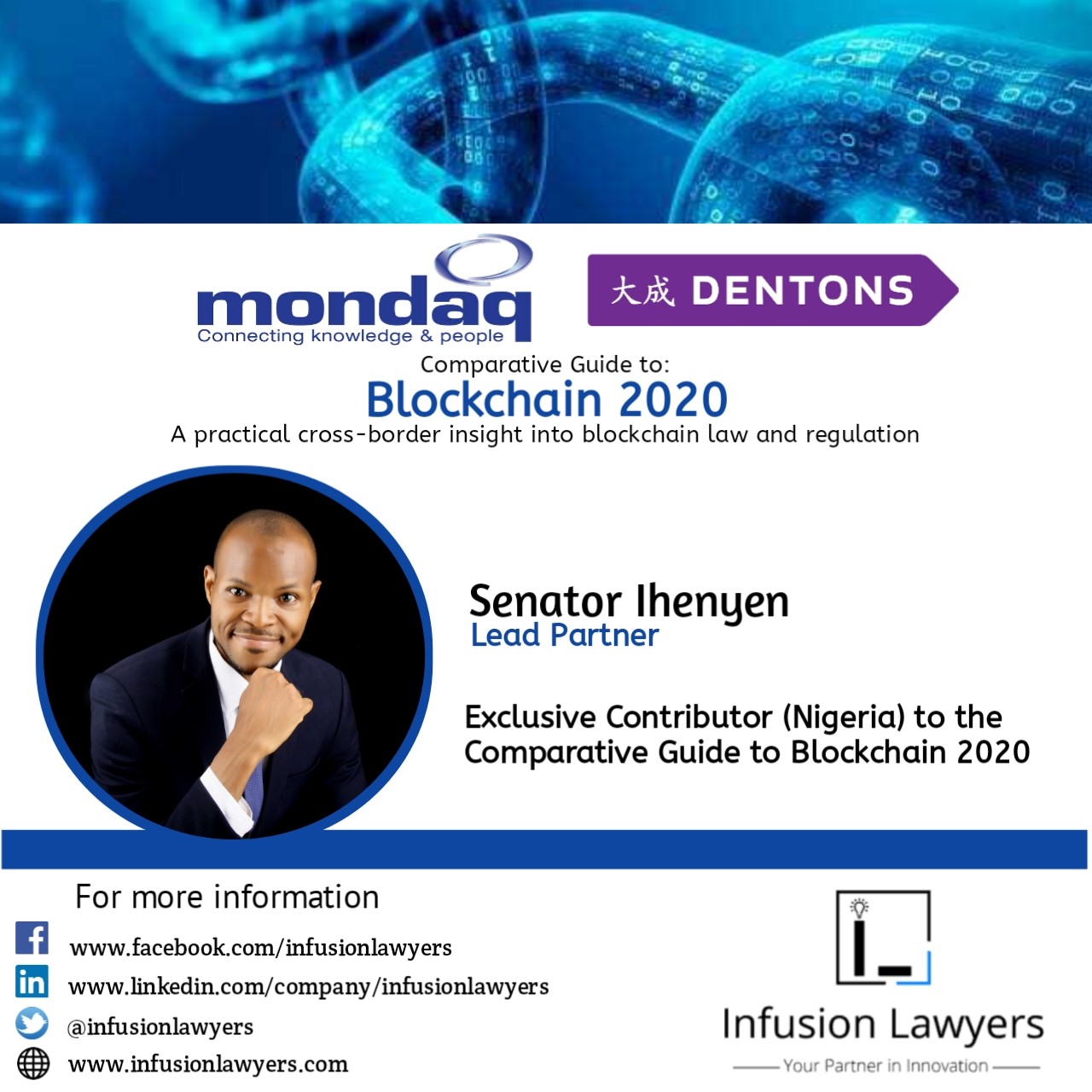
Infusion Lawyers: Exclusive Contributor (Nigeria) to the Comparative Guide to Blockchain 2020
We are delighted to be exclusive contributor (Nigeria) to the Comparative Guide to Blockchain 2020. The Comparative Guide to Blockchain 2020 provides an overview of some of the key points of law and practice in blockchain. It allows readers to.. Read more

